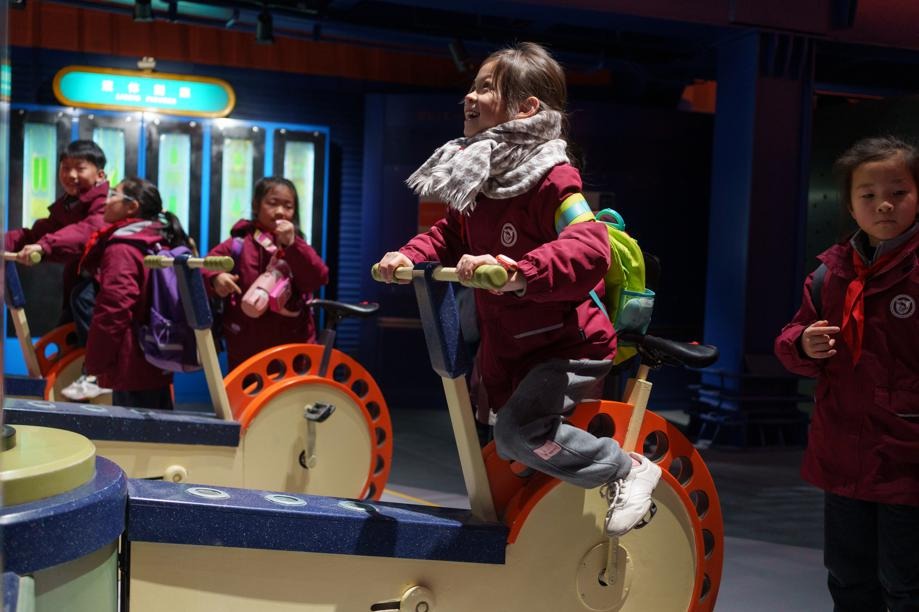Slow trains, fast dreams: A story of China's railway impact


Slow Trains Carrying Dreams and Lifeline
For Liu's family, the train was also an economic lifeline. His parents, who come from a modest background, relied on the train to transport locally harvested mountain vegetables and handmade handicrafts to nearby markets. This allowed them to earn a living and support Liu's education.
"The slow train took me to middle school and high school, and then the high-speed train took me to the university and work," Liu said, referring to the slow train as a bridge to link him and his family with the outside world.
Liu's hard work and determination paid off. Excelling in his studies, he progressed from the village primary school to a middle school in Shicheng Town, then to a high school in Fengcheng City. In 2020, he achieved a significant milestone by gaining admission to Dalian University. After graduating last year, Liu secured a job in Tianjin, earning a monthly salary of around 5,000 yuan ($688)—a figure he is proud of and satisfied with.
Despite his familiarity with train travel, it wasn't until 2020 that Liu experienced his first high-speed rail journey. "I even did some research beforehand to see if there were any special precautions," he said. "But the biggest difference was the speed. On the slow train, I used to sit and watch the scenery pass by. On the high-speed rail, everything just flashes past."
Liu was particularly struck by the quiet, clean, and comfortable environment of the high-speed train. "It's a completely different experience," he noted. "The high-speed rail represents progress, but the slow train will always have a special place in my heart."
Liu's family background adds another layer of poignancy to his story. His mother, a deaf-mute, and his father worked tirelessly to support his education by selling mountain products. Liu remembered how his mother would take the slow train to nearby markets, building a rapport with the train staff who often went out of their way to assist her.
"The slow train fare was only 2 yuan, much cheaper than the 18-yuan bus fare," Liu recalled. "It was a lifeline for people like us."
Last year, Liu took the high-speed rail from Tianjin to Beijing for the first time, fulfilling a long-held dream. He witnessed the national flag-raising ceremony and visited museums, marveling at how just 30 minutes on the high-speed rail could connect him to the heart of the nation.
"I want to bring my parents to Tianjin and Beijing someday," he said. "They've never been, and I want them to experience these places too."
Reflecting on the Spring Festival travel rush, Liu recalled his childhood journeys on the slow train with his family to sell goods at the Fengcheng market.
"The stations were outdated back then, and passengers would line up in crowded waiting halls," he said. "Now, with facial recognition technology and modern facilities, the experience is completely different."
Despite his appreciation for the convenience of high-speed rail, Liu holds a deep affection for the slow trains that once carried his dreams. "The fact that the railway department continues to operate these slow trains shows a commitment to serving the people," he said. "Fewer people ride them now, and they probably don't make much profit, but I hope they never disappear."
- China, Philippines to keep talks open on maritime affairs
- AI governance tops China’s 2025 technology buzzwords list
- China-Swiss exhibition on green construction opens
- China says navy, coast guard are peace guardians
- Hunan scholar donates 104 artifacts documenting Japanese aggression
- Beijing approves first foundational and comprehensive regulation on elderly care





































